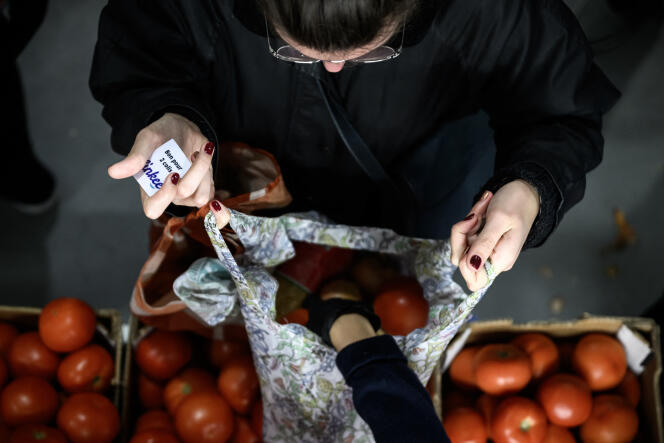


As the start of the new school year in France approaches, a "historic" rise in the cost of living for students has already been recorded, according to the FAGE student union in its annual survey published on Wednesday, August 16. This observation was similar to that noted by the UNEF student union on Monday, August 14. While the two student organizations used slightly different numbers and methodologies, they arrived at the same conclusion: Students will see a decline in their purchasing power.
For the first time, the average cost of back-to-school tuition, per FAGE, will exceed the symbolic €3,000 mark, having reached €3,024.94 this year compared with €2,527 last year. "This is due in particular to the impact of the social and geopolitical crisis, which has resulted in record inflation," said FAGE spokesperson Félix Sosso.
FAGE's study shows that students' living expenses have seen especially explosive growth, reaching €1,199 per month, an increase of 8.88% compared to 2022. Furthermore, there are stark regional disparities, with costs now at €2,197 per month in the greater Paris region and €1,797 elsewhere.
There are two "necessary" expenses that are specifically responsible: rising rents (+8.95%) and food prices (+15.43%). "At the same time, the [amount of] aid allocated to students doesn't allow them to cope with rising costs," said Sosso.
The allowance for Personal Housing Assistance (APL) was raised in April by 1.6%, a far cry from the 8.95% increase seen in rent, while scholarships based on social criteria were raised by €37 per month. "It's an increase that is going in the right direction, but remains well below the overall increase in living expenses, which amounts to €98 per month compared to the start of the 2022 academic year," Sosso said.
UNEF has held the same view, estimating that the cost of living for students will increase by 6.47% compared to 2022. "Never in 19 years of doing the survey have we reached such highs," said Adrien Liénard, the union's general treasurer. The organization has blamed rising food prices (10.3%) and utilities (10.1%), but also transportation costs with increasingly expensive season tickets, although this varies from region to region.
Both organizations have stated that housing remains the biggest expense for students. They have therefore called for rent control in all university towns and cities, as well as a faster timeline for updating living units in university halls of residence provided by CROUS, which offers subsidized housing.
You have 50.21% of this article left to read. The rest is for subscribers only.
